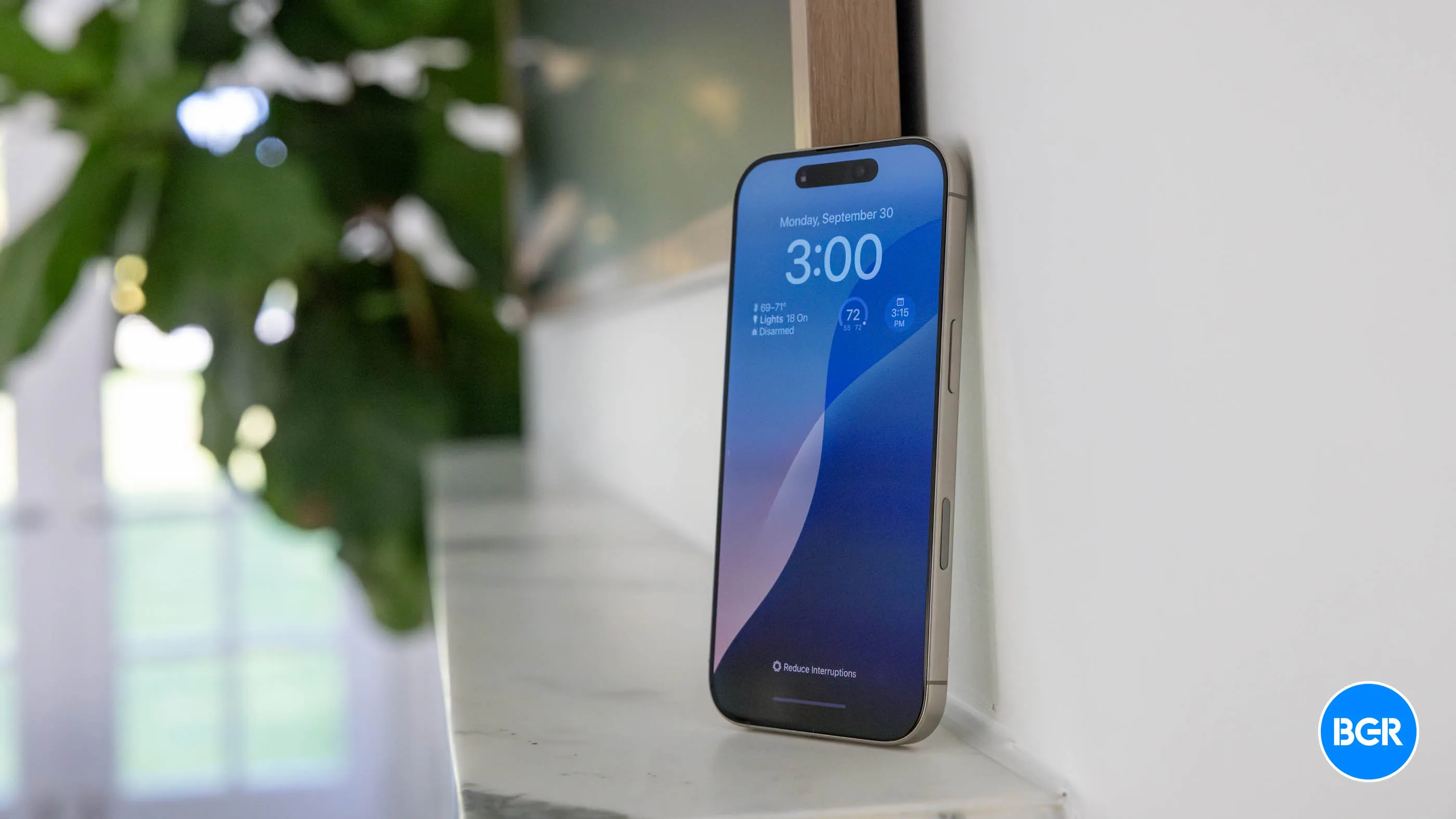Guest User Mode from Apple Vision Pro Poised to Enhance iPhone Functionality

Apple Vision Pro’s Guest User Feature on iPhone
The Apple Vision Pro has been available for a few months now. With the recent visionOS 2 update, Apple added one of the long-requested features for this device: Guest User support. Unlike other products, people are curious to try their friends’ spatial computers, so this mode gives you peace of mind when others test out your spatial computer. Here’s how Apple describes the feature: Guest User is an easy way for your friends and family to try out Apple Vision Pro. And now it lets you save your most recent guest’s eye and hand data — so they can easily skip their next setup and get right back into their experience.
Potential iPhone Guest Mode
Fortuitously, it seems something like that could be coming to the iPhone. MacObserver discovered a patent that suggests Apple is working on a new Guest Mode for the iPhone. This could be especially useful for parents, office presentations, and more, as you can lend someone your iPhone without them having access to your sensitive data. According to the patent, the iPhone Guest Mode would let the phone owner limit access to multiple apps and features. They could choose which apps others could use before the mode is turned on.
- This mode enhances device security.
- Owners can manage permissions remotely.
- Settings can be changed in real-time based on user needs.
Interestingly, this patent almost feels like what iPad users have been asking for ages: the ability to have multiple users on a single device, similar to the Mac. If it ever launches, it could mean iPads could be shareable by family members or in a classroom. It’s unclear when Apple will make these functions available. With iOS 18 just released and the company working hard on iOS 18.1 to bring Apple Intelligence features to its newer devices, this sounds like something the company is developing for the long term. Below, you can learn some of the iOS 18 hidden features that you should be using.
This article was prepared using information from open sources in accordance with the principles of Ethical Policy. The editorial team is not responsible for absolute accuracy, as it relies on data from the sources referenced.